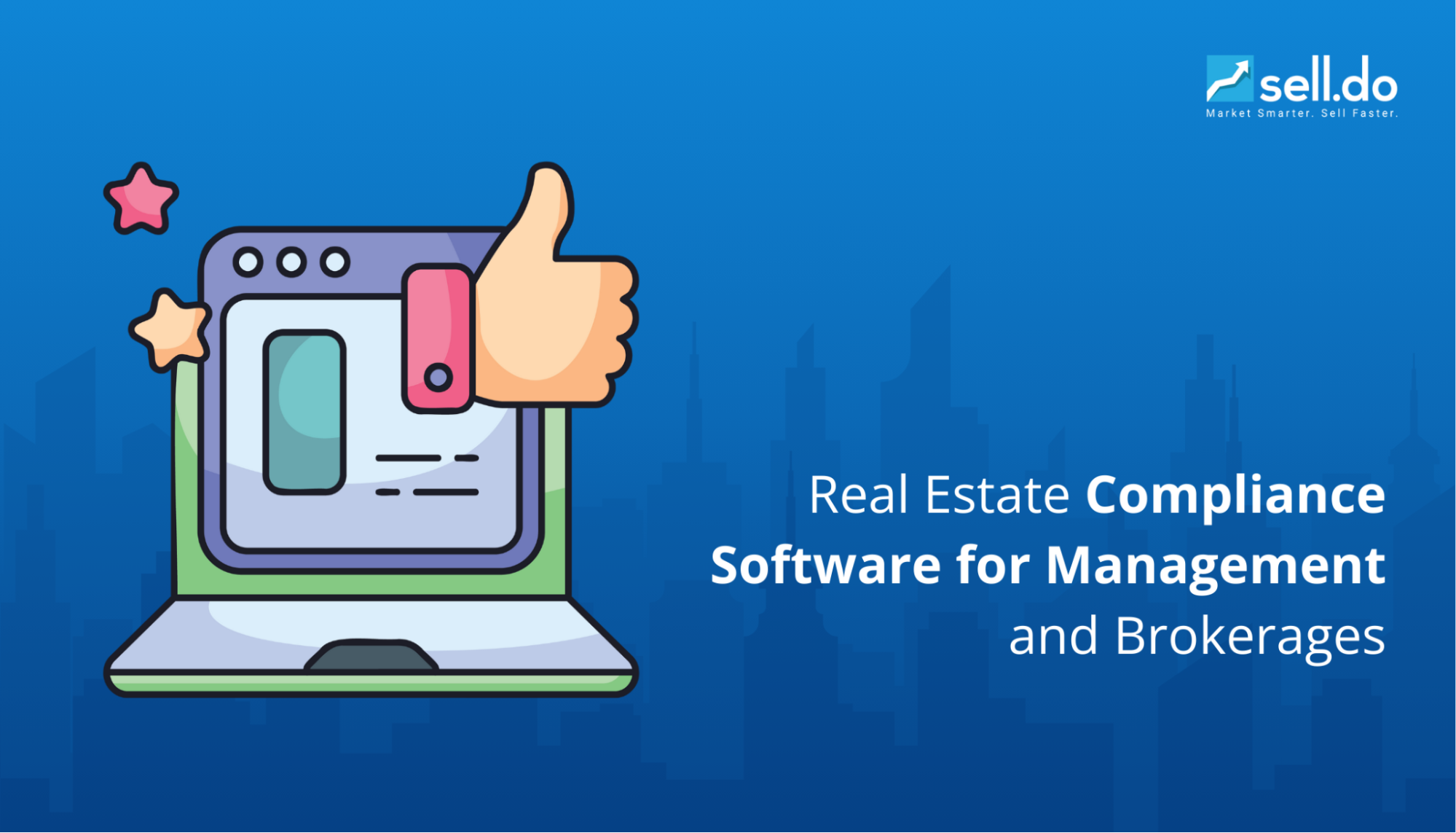While buying or selling property, you’ll often hear the terms real estate agent and real estate broker thrown around—but what’s the real difference between the two? While both professions play essential roles in real estate transactions, they each bring unique skills and expertise to the table. Understanding these distinctions can assist you in picking who to deal with based on your requirements and the complexity of your real estate objectives.
Let’s go over what distinguishes a real estate broker from an agent, such as their roles, licensing requirements, and how they work together to assist clients in selling, and investing in properties.
Who is a Real Estate Agent?
A real estate agent is a licensed professional who helps clients in buying, selling, or renting properties. As the main liaison, agents assist clients throughout the transaction journey, from initial property searches to finalizing deals.
Their duties generally include listing properties, scheduling viewings, negotiating deals, and managing documentation. Real estate agents possess expertise in the local market and typically offer valuable information on pricing, property values, and neighborhood trends. Nevertheless, agents must operate under the guidance of a licensed real estate broker, who regulates their actions to guarantee adherence to real estate laws and regulations.
Who is a Real Estate Broker?
A real estate broker is a certified professional who has undergone extra education and training beyond what is necessary for a real estate agent. This additional qualification enables brokers to work independently, run their own real estate company, and oversee other agents.
Brokers manage real estate deals to guarantee adherence to all legal and regulatory requirements. They frequently deal with more intricate elements of the procedure, including contract negotiations and compliance. Besides collaborating directly with clients, brokers may oversee a group of agents, offering direction, assistance, and responsibility. Brokers possess a distinct level of authority and responsibility in the real estate industry due to their expertise and capacity to work independently.
Now that we’ve covered what a real estate agent and a real estate broker do, let's explore their key differences to understand how each role uniquely contributes to the real estate process.

Key Differences Between Real Estate Brokers and Agents
Here’s a detailed table that outlines the key differences between real estate agents and brokers:
| Aspect | Real Estate Agent | Real Estate Broker |
| Responsibilities | Primarily handles client interactions, property listings, and showings while assisting with negotiations. | Oversees entire transactions, ensuring compliance; manages agents, handles complex negotiations, and may run their own brokerage. |
| Client Engagement | Works closely with clients throughout the buying/selling process, focusing on client support. | Engages directly with clients when necessary but often supervises agents who handle day-to-day interactions. |
| Education Requirements | Completes a basic real estate training course covering ethics, property laws, and transaction basics. | Completes additional courses on advanced topics like contracts, risk management, and property management. |
| Licensing Requirements | Must pass a state licensing exam and work under a broker's supervision. | Must pass a more comprehensive licensing exam; can work independently or start their own brokerage. |
| Authority | Cannot operate independently; must work under a licensed broker. | Can operate independently, manage a brokerage, hire agents, and oversee transactions. |
| Supervisory Role | Has no supervisory role over other agents; focuses solely on their client transactions. | Often supervises a team of agents, providing guidance, support, and accountability. |
| Earning Potential | Earns commissions from property transactions, typically split with the supervising broker. | Earns higher commissions, especially when managing a team; also takes a portion of agents' commissions under their supervision. |
| Career Path | Limited to client-facing roles unless they pursue broker training. | A broader career path with opportunities for agency ownership, management roles, and expanded client services. |
Understanding these differences can help you decide whether to work with a real estate broker or an agent, depending on the complexity of your needs and the level of expertise required.

If you remain unsure about whom to contact for particular tasks, we have detailed the specific roles and responsibilities of real estate brokers and agents below.
How Do Real Estate Agents Work?
Real estate agents play an active role, overseeing client communications and property-related tasks daily. Below is a list of the daily tasks of a real estate agent:
- Consulting with clients to grasp their property requirements and choices.
- Leading property tours and organizing open houses
- Facilitating and mediating proposals between purchasers and vendors.
- Investigating real estate listings, market patterns, and costs.
- Manage marketing activities, encompassing online advertisements and social media campaigns.
- Handling administrative duties, including scheduling and documentation.
Furthermore, real estate agents use a variety of tools to manage their responsibilities efficiently, including CRM systems for client organization, scheduling software for showings, and MLS platforms to access property listings. Social media and marketing tools help them promote listings and connect with buyers, while virtual tour software and digital signature tools enable seamless remote transactions.
Real estate agents serve as the bridge between clients and other professionals, such as lenders, inspectors, and appraisers. By coordinating with these experts and addressing any issues that arise, agents provide clients with clear, timely information, ensuring a smooth, well-informed experience at every step of the process.
How do Real Estate Brokers Work?
Real estate brokers concentrate on supervising transactions, leading their teams, and ensuring adherence to regulations within the brokerage. Below is a list of the daily tasks of a real estate broker:
- Examining and completing contracts to guarantee compliance with all regulatory requirements.
- Supervising and assisting agents throughout complex deals.
- Formulating marketing tactics for the brokerage and properties for sale.
- Tackling legal or compliance matters as they emerge
- Overseeing the financial and operational aspects of the brokerage
- Conducting meetings with agents for guidance and mentorship.
A key role of a broker is managing and mentoring their team of agents. Brokers provide legal guidance, assist with complex transactions, and share best practices to help agents grow professionally. They hold training sessions, review contracts, and ensure agents meet ethical and industry standards.
Additionally, brokers leverage extensive resources and networks—such as connections with lenders, attorneys, and contractors—which agents can access to better serve clients. Brokers also use marketing partnerships and brokerage websites to increase property visibility, support agents, and ensure clients have a seamless, well-supported experience.
Ultimately, both contribute a unique set of skills—agents specialize in client connections and transaction assistance, whereas brokers oversee and assure compliance. They work together to establish a well-rounded team that can help customers confidently reach their property goals.

Conclusion
In summary, while both real estate brokers and agents are essential to the real estate market, their roles and responsibilities differ significantly. Agents focus on client interactions and transaction details, while brokers bring additional expertise, handle complex compliance issues, and often supervise a team of agents. Together, these roles complement each other, ensuring clients receive comprehensive support, expert guidance, and a seamless transaction experience.
Additionally, if you’re a real estate professional looking to streamline your business operations, Sell.Do offers a powerful solution. With tools for managing client relationships, automating workflows, and tracking transactions, Sell.Do provides an all-in-one platform to help real estate professionals enhance efficiency, improve client service, and grow their businesses effectively. Connect with us now for a free demo.






Leave a comment
Comments (0)
Be the first one to comment.